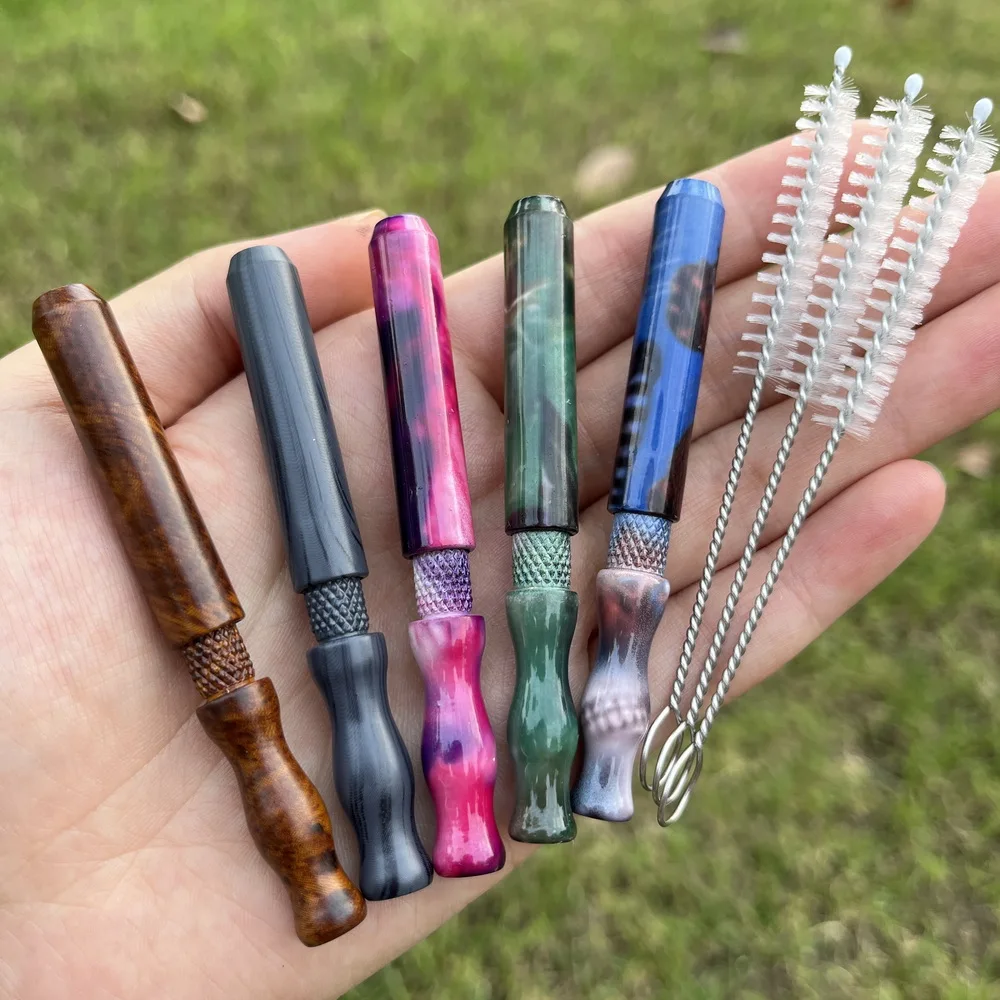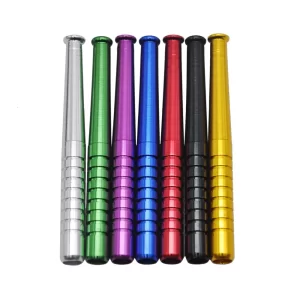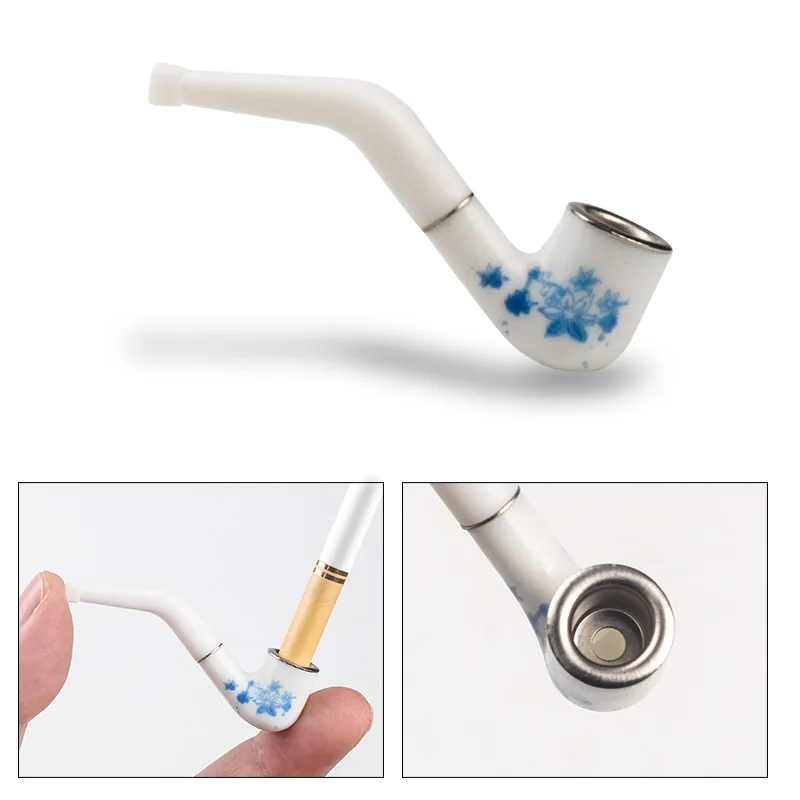“I feel like Nebraska just wants to make it as uncomfortable and unbearable as possible.”
By Zach Wendling, Nebraska Examiner
Green shirts filled a hearing room in Lincoln full of Nebraskans who support the legalization of medical cannabis but oppose the regulations of the product proposed by the state’s new Medical Cannabis Commission.
Thirty-two people testified against the proposed regulations Wednesday. None spoke in support. Testifiers argued the regulations would not be feasible for most people needing medical cannabis, and roughly half called out commissioners for not attending the hearing to listen to their concerns.
“I feel like Nebraska just wants to make it as uncomfortable and unbearable as possible,” said testifier Nathan Brown.
In 2024’s general election, 71 percent of Nebraska voters voted to legalize medical cannabis, and 67 percent voted to create the new regulatory commission. Since December, Nebraskans have been able to legally possess up to 5 ounces of medical cannabis, so long as they have a health care practitioner’s recommendation.
However, medical cannabis can’t yet be legally purchased in the state. Just last week, the Medical Cannabis Commission granted two of its four cultivator licenses to Nancy Laughlin-Wagner of Omaha and to Patrick Thomas of Raymond. Chief Legal Officer for Nebraska’s Department of Health and Human Services Bo Botelho said both licenses had been accepted.
In September, the commission advanced a stricter set of regulations in comparison to emergency regulations the group approved in June. Gov. Jim Pillen (R) accepted the new regulations with one revision—to limit cultivators from growing more than 1,250 flowering plants at one time.
The revised regulations would, for the first time, set extensive testing and security requirements and establish a “Recommending Health Care Practitioner Directory” for in-state physicians to recommend medical cannabis. If approved, the rules would remain in effect for up to 90 days.
Under the regulations, patients or caregivers could purchase up to 5 ounces of medical cannabis in a 30-day period, which is about 142 grams. But they could purchase no more than 5 grams of delta-9 tetrahydrocannabinol (THC) from the same dispensary within a 90-day period. Delta-9 THC is the part of cannabis most associated with a “high.”
Several testifiers said this limit was too restrictive. Testifer Shari Lawlor said a single joint usually weighs about 1 gram, so expecting people with medical needs to be limited to 5 grams of THC over 90 days is impractical.
State Sen. John Cavanaugh (D) of Omaha, who testified at the hearing, went a step further and called the limit a bold violation from the ballot language voters approved in November, which allowed possession of up to five ounces.
Testifiers largely agreed that the proposed regulations go against what voters asked for. Several argued it tells them the people tasked with drafting the regulations lacked an understanding of medical cannabis.
Crista Eggers, campaign manager for the Nebraskans for Medical Marijuana initiatives, brought a large stack of papers representing the roughly 240,000 signatures gathered between both petitions as a visual example of the level of public support for medical cannabis.
“I will guarantee you that every single one of them wished they could be here today,” she said. “You know what, they shouldn’t have to be. They did their part. Voters spoke.”
Some testifiers criticized the limits on acceptable forms of medical cannabis. The proposed regulations exclude smoking and vaping.
Edward Williams, a veteran and member of the Legal Marijuana Now Party, said smoking or vaping is the most effective method of treating him when he wakes up from nightmares due to his PTSD. The key factor is that smoking and vaping is quicker to take effect than other forms of cannabis, such as edibles.
“You can’t really wake up with nightmares or flashbacks and expect to have to wait for an hour or two for an edible to work,” Williams said.
Williams wasn’t the only veteran to testify. Several others spoke about how medical cannabis has benefitted them and said they have lost friends to suicide who didn’t have access to the same treatment.
A majority of Wednesday’s testifiers offered emotional stories about how medical cannabis can alleviate painful ailments for them or their relatives. They described medical cannabis as a safer and cheaper option than other pain relief treatments.
“Instead of needing to put my mother on morphine at the end of her life, where she then went into a coma just to control her pain, we could have had a meaningful and loving last few days had she been prescribed medical cannabis,” said testifer Kathy Jensen.
Registered Nurse Tracey Davidson, who did not testify but attended the hearing, said she was first exposed to the benefits of cannabis when her brother-in-law was diagnosed with cancer about 12 years ago. Because he lived in Colorado, he had access to medical cannabis, and she said he credited that as part of the reason he could continue working and biking until days before his death.
“I view cannabis as medicine,” Davidson said. “I’ve seen it work through my career for a lot of different situations, from pain management, to sleep, to PTSD.”
Many testifiers also criticized the three active medical cannabis commissioners for not attending the hearing, calling it “shameful” and “insulting.” The hearing was required under statute.
Some testifiers even accused members of being “bought off” by anti-marijuana politicians. At a commission meeting several weeks ago, testifier Georganna Schroeder-Stanley said she observed “indifference, boredom and even contempt” on the faces of some commissioners listening to public feedback.
Cavanaugh interviewed the appointees for the commission as part of his duties as a state senator. He said his “fears have come true,” from those interviews—that members are “pursuing a political agenda” that aligns with Pillen’s.
Chair Monica Oldenburg did not immediately respond to a request for comment.
Several other testifiers said that Nebraska is missing out on much-needed revenue. Brown argued this is silly considering how easy it is for Nebraskans to access cannabis by crossing state lines.
Brown said Nebraska would lose residents because of the government’s resistance to accepting medical cannabis. Another testifier, Dawn Weir, said she moved back to Nebraska this year because she’d heard that medical cannabis had been legalized.
The aftermath of the 2024 ballot initiatives has made some testifiers question whether they should continue voting if the state can interfere so easily. Cavanaugh pleaded with attendees to continue voting, but urged them to vote for people “who actually respect you.”
Proponents of medical cannabis have long argued the issue is nonpartisan, and several testifiers identified themselves as registered Republicans who either regret voting Republican in 2024, or are reconsidering their party affiliation.
“I don’t know how long [my Republican registration] is going to last with watching this state going so far to the other side,” said testifier John Reagan.
With the hearing concluded, the commission will decide whether to formally adopt the regulations or make changes. If finalized, the regulations would be sent to Nebraska Attorney General Mike Hilgers’s (R) office for legal review. Pillen would have the final say. Hilgers’s office did not immediately respond to a request for comment.
This story was first published by Nebraska Examiner.
Photo courtesy of Chris Wallis // Side Pocket Images.




























